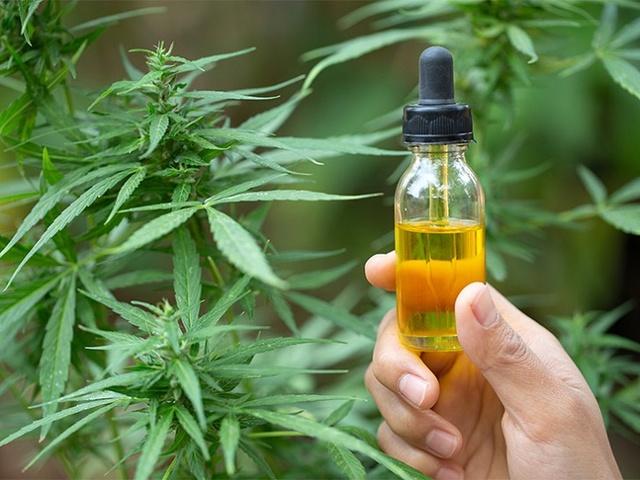In recent years, CBD, short for cannabidiol, has garnered significant attention for its purported health benefits. From easing anxiety to alleviating chronic pain, the potential therapeutic properties of CBD have led to a surge in its popularity. However, amid the hype surrounding CBD products, questions about its legality have loomed large.
Understanding the legal landscape surrounding CBD is crucial for consumers, businesses, and policymakers alike. In this article, we delve deep into the legal intricacies of CBD to provide clarity on its status and regulations. Please take a moment to visit their webpage to explore valuable content about CBD.
The Legal Foundation of CBD
At the heart of the CBD legality debate lies its source: the hemp plant. CBD is one of over a hundred compounds, known as cannabinoids, found in hemp. Unlike its infamous cousin, tetrahydrocannabinol (THC), CBD is non-psychoactive, meaning it doesn’t induce the “high” associated with hemp use. This key distinction forms the basis for much of the legal variance surrounding CBD.
The Farm Bill: A Game-Changer for CBD
The passage of the Agricultural Improvement Act of 2018, commonly referred to as the Farm Bill marked a watershed moment for the CBD industry in the United States. Under the Farm Bill, hemp-derived CBD was effectively legalized at the federal level, provided it meets certain criteria, such as containing no more than 0.3% THC. This legislative move opened the floodgates for the production, sale, and consumption of CBD products across the country.
State-by-State Regulations: Navigating the Patchwork
While the Farm Bill provided a federal framework for hemp cultivation and CBD legality, the regulatory landscape remains fragmented at the state level. Individual states have varying approaches to CBD regulation, with some embracing it fully, while others impose restrictions or outright bans. This patchwork of state laws presents challenges for businesses operating in the CBD space, requiring careful navigation to ensure compliance.

FDA Oversight: The Regulatory Conundrum
Despite the legalization of hemp-derived CBD at the federal level, the regulatory status of CBD products, particularly those intended for human consumption, remains uncertain. The U.S. Food and Drug Administration (FDA) holds authority over the regulation of food, drugs, cosmetics, and dietary supplements, including CBD products. However, the FDA has yet to establish clear guidelines for the marketing and sale of CBD-infused products, leading to ambiguity and inconsistency in enforcement.
Consumer Safety Concerns: Quality Control and Labeling
The lack of regulatory oversight poses challenges for ensuring the safety and quality of CBD products. Without standardized testing requirements and labeling regulations, consumers may be left in the dark about the potency, purity, and composition of the products they purchase. This raises concerns about potential health risks and underscores the need for robust regulatory measures to protect consumers.
The Road Ahead: Navigating Legal Uncertainty
As the CBD industry continues to flourish, stakeholders must grapple with ongoing legal and regulatory challenges. From navigating state-specific regulations to advocating for clear FDA guidance, addressing the complexities of CBD legality requires collaboration and proactive engagement. By staying informed, advocating for sensible regulations, and prioritizing consumer safety, the CBD industry can pave the way for responsible growth and widespread acceptance.
In conclusion, while CBD holds immense promise as a therapeutic agent, its legality remains a complex and evolving issue. The passage of the Farm Bill represented a significant step forward, but challenges persist at both the state and federal levels. By fostering dialogue, promoting transparency, and advocating for regulatory clarity, stakeholders can work towards a more stable and equitable legal framework for CBD. Ultimately, ensuring that CBD products are safe, accessible, and compliant is essential for realizing the full potential of this remarkable compound.


